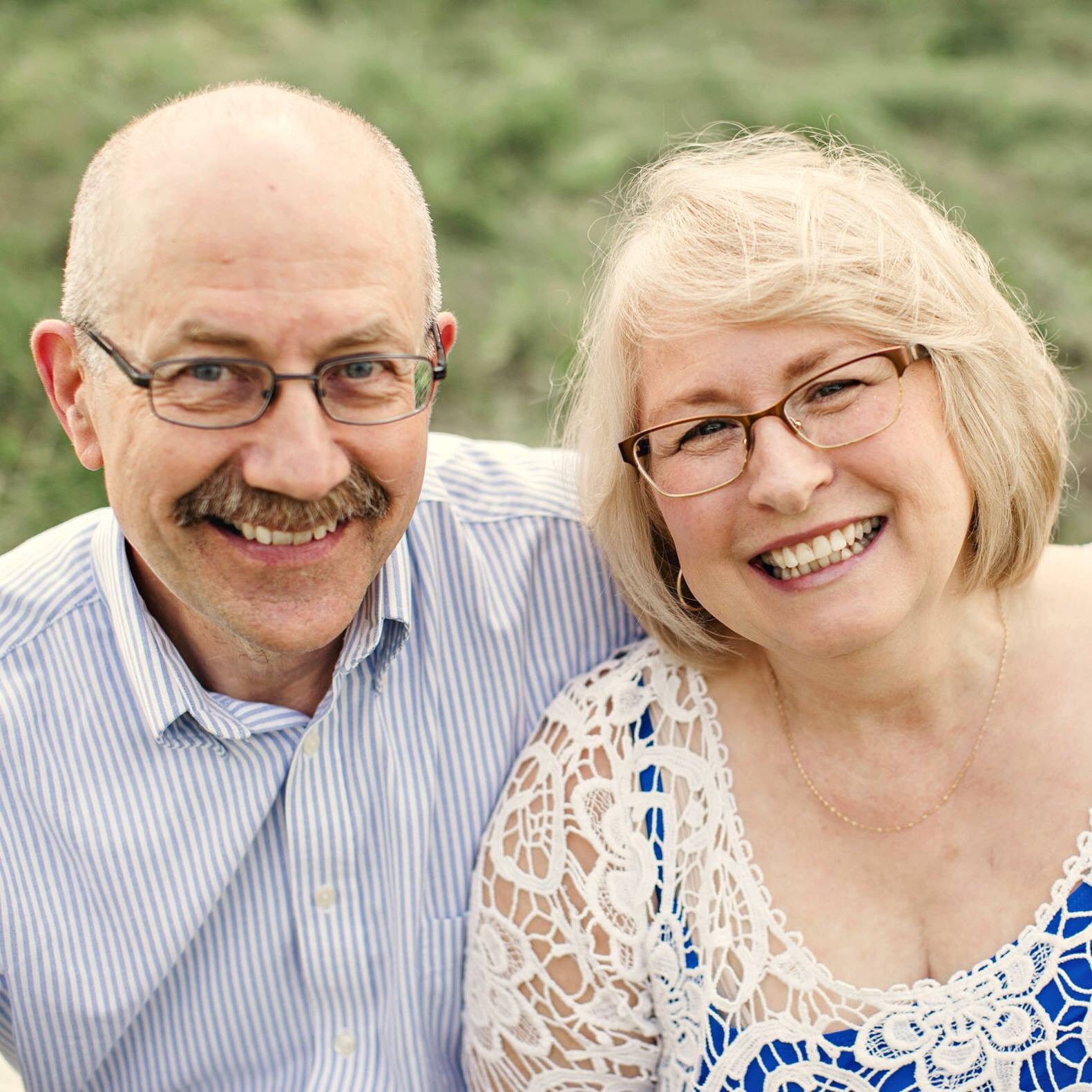Personal Stories · Volume I, Issue 2
Much Like Family
Our adventures in growing together as an organic faith community. It’s relational church at its most simple and its most profound.
Editor’s Note: Catherine has been a Facebook friend of mine for several years now, and I have been often encouraged by the little tidbits I’ve heard about her experiences as part of an organic church community. I’m excited to share her journey of discovery with you. —JW
We were willing to try it.
Being outside the traditional church was new to the few of us who met together the first time nearly seven years ago.
Having no traditional structure was kind of scary and made us a little uncomfortable. But we’d read of organic and simple churches, and it spoke to the longing in our hearts.
For some time after we started meeting together, we struggled to let go of the only way of “having church” we had ever known. Slowly, however, we began learning how to let Christ be our head.
It wasn’t easy, and we’ve made our share of mistakes, but we also discovered something profound:
When we gather to share Christ and trust Him to lead us
When we come together with no agenda
When we aren’t worrying about who’s in charge or who has spiritual authority
When we are just there to be together in Christ with our brothers and sisters and encourage one another:
There is a natural flow of God’s life and love in our time together that can be amazingly orderly as the Spirit moves through everyone’s participation and sharing.
In addition, we found God was creating something beautiful not only in our relationships with Him but also with each other. Organic/simple groups are so much more than getting together for a meeting and a meal. They’re truly relational church at its most simple and its most profound, and it requires having love and respect for—and acceptance of—each another.
Although members of our fellowship come from many different denominational backgrounds, we learned to set aside those denominational differences and find our unity in Christ.
And we’ve learned it’s necessary to:
Esteem everyone as equals and listen to every voice—not just the most vocal, most experienced, or most learned (offices or positions once held in the traditional church have no bearing here)
Take the time to be involved in truly getting to know brothers and sisters and to trust Christ in them
Be committed to work through conflicts or challenges with one another.
We eat, play, and minister together (sometimes just a few of us, other times all of us) and make decisions by consensus.
As in any group, there are occasional misunderstandings, and we’ve had to work through some difficult conflicts in the past. Even though everything is not always great all the time—much like a family—we’re committed to each other, finding encouragement and healing in our loving care for one another.
Just this past year, our small fellowship of twelve people has been stretched together to help members who’ve experienced deaths in their families, faced life-threatening health issues, and struggled with great personal difficulties. It has been an ongoing lesson for all of us in accepting others where they’re at and learning to love one another even more deeply in Christ.
Jesus said,
“By this everyone will know that you are my disciples, if you love one another.” John 13:35
This is what it means to be the ekklesia, the body of Christ, and it’s what we desire to live out every time we come together. This is our spiritual adventure.
 Catherine Seebald and her family (both varieties!) live in New York State.
Catherine Seebald and her family (both varieties!) live in New York State.